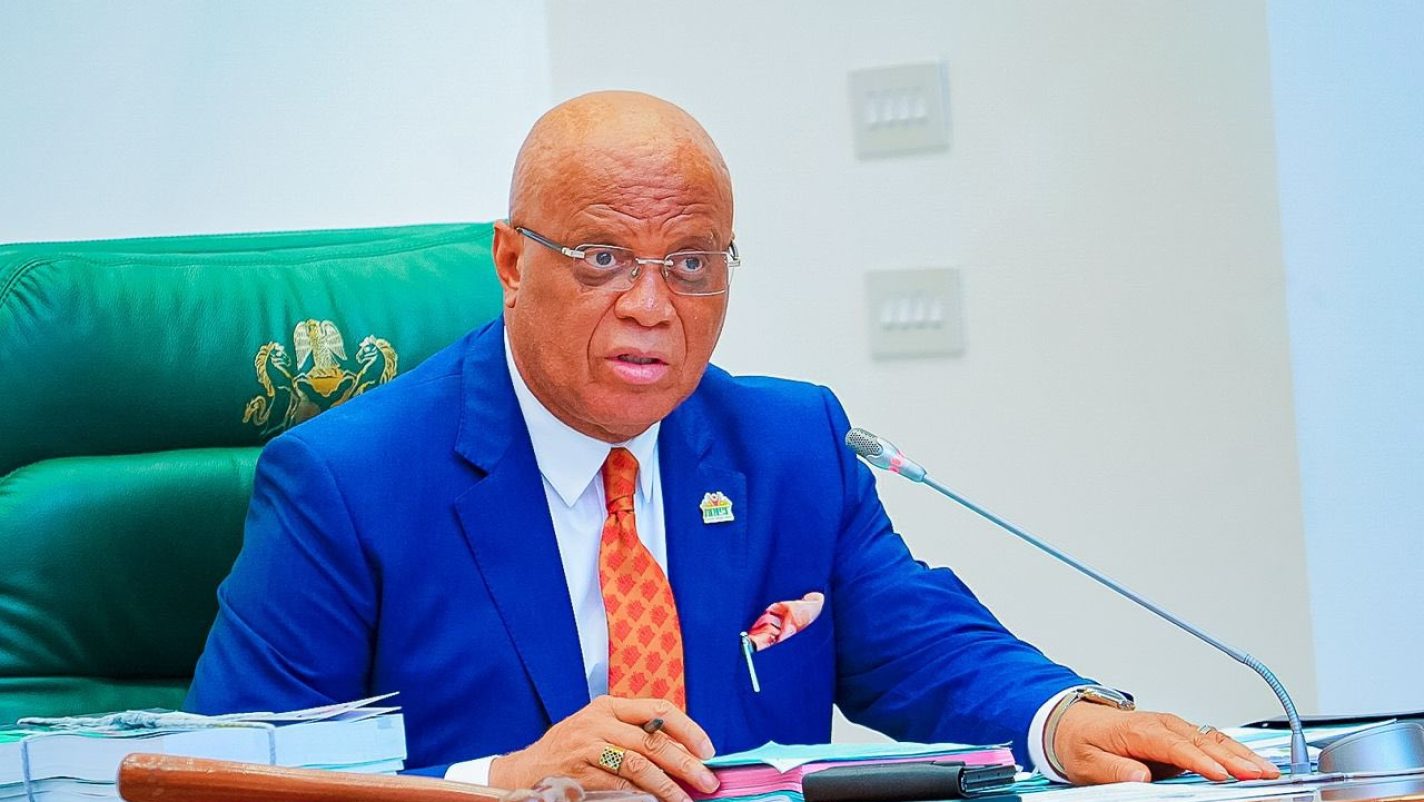Elon Musk Announces Departure from Trump Administration

Elon Musk has officially concluded his high-profile advisory role within the Trump administration, where he was tasked with spearheading the controversial Department of Government Efficiency (DOGE). This department was established with the ambitious mandate to significantly overhaul the federal bureaucracy and curtail wasteful government spending. Musk's departure, which the White House confirmed involved an "offboarding" process, brings to a close a turbulent chapter marked by sweeping workforce reductions, numerous legal challenges, and intense public scrutiny.
Operating under the designation of a "special government employee," a status allowing him to work for the federal government for up to 130 days annually, Musk's tenure was always intended to be temporary. The core mission of DOGE, under his guidance, was to identify inefficiencies and implement measures to streamline governmental operations, with an initial, audacious pledge from Musk to cut "at least $2 trillion" from the federal budget. This target was subsequently revised downward, first to $1 trillion and then to a more modest $150 billion, reflecting the complexities encountered.
The initiatives driven by DOGE under Musk's direction had a tangible impact, resulting in an estimated 260,000 federal civilian employees having their jobs eliminated or accepting redundancy packages. However, these aggressive measures were not without significant opposition and controversy. The department faced fierce political blowback and numerous legal battles, with federal judges in some instances intervening to block mass firings and ordering the reinstatement of affected employees. The rapid pace of change also reportedly led to unintended consequences, including the mistaken dismissal of personnel in critical sectors such as the U.S. nuclear program. Musk himself acknowledged the difficulties, at one point stating that DOGE was "becoming the whipping boy for everything."
While the conclusion of Musk's temporary appointment was anticipated (he would have reached his 130-day limit towards the end of May), his formal announcement to leave came just a day after he publicly criticized a cornerstone of President Trump's legislative agenda. In an interview with CBS, Musk expressed his "disappointment" with what President Trump referred to as his "big, beautiful bill." Musk characterized the legislation—a package combining tax cuts, increased defense spending, and stricter immigration enforcement—as a "massive spending bill" that he believed would inflate the federal deficit and directly undermine the cost-cutting work of DOGE. "I think a bill can be big or it could be beautiful," Musk remarked. "But I don't know if it could be both."
In response to Musk's criticisms, President Trump defended the legislative package, highlighting the political intricacies of its negotiation and suggesting that further amendments were possible. Musk's concerns about escalating government spending, however, found resonance among some Republican lawmakers, including Wisconsin Senator Ron Johnson, who voiced similar apprehensions and signaled resistance to a quick passage of the bill. Despite Musk's exit, U.S. House Speaker Mike Johnson extended his gratitude for Musk's contributions and affirmed the House's commitment to pursuing DOGE's findings. Echoing this, the White House announced plans to submit proposed rescissions to Congress, aiming to cancel previously allocated funds, notably $1.1 billion from the Corporation for Public Broadcasting and $8.3 billion in foreign assistance, directly reflecting DOGE's cost-saving recommendations.
Musk's period of government service notably coincided with significant operational and market challenges for his electric vehicle company, Tesla. The company reported a steep 13% decline in vehicle sales during the first three months of the year, marking the largest drop in its delivery history. Tesla's stock price also experienced volatility, tumbling by as much as 45% before a partial recovery. The company issued warnings to investors that "changing political sentiment" could adversely affect demand for its vehicles. This period also saw activists calling for Tesla boycotts, leading to protests and acts of vandalism against Tesla properties and vehicles, which prompted U.S. Attorney General Pam Bondi to state that such vandalism would be treated as "domestic terrorism." In light of these challenges and his departure from government, Musk reaffirmed his commitment to leading Tesla for the next five years and indicated he would be "allocating far more of my time to Tesla."
Reflecting on his tenure in Washington, Elon Musk offered a candid assessment of the challenges he faced, telling the Washington Post, "The federal bureaucracy situation is much worse than I realized," and described the effort to implement changes in D.C. as "an uphill battle, to say the least." Concurrent with his decision to step back from his government role, Musk also announced a shift in his approach to political financing. Having previously spent nearly $300 million to support President Trump's campaign and other Republican candidates, he stated his intention to significantly reduce his political donations, concluding, "I think I've done enough."
Elon Musk's departure from the Trump administration signifies the end of his direct and often contentious involvement in attempting to reshape the U.S. federal government. While the Department of Government Efficiency under his leadership initiated considerable changes and sparked widespread debate about the size and scope of government, Musk now returns his primary focus to his innovative technology ventures, Tesla and SpaceX, leaving behind a complex and debated legacy from his foray into public service.









